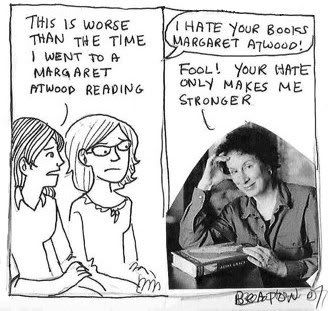Okay, I goofed. This was supposed to post on Christmas Day. But I'm a living example of why we need so much advice
about "how" to do Christmas. Too busy, too busy.
Welcome to the 12 Pearls of Christmas!
about "how" to do Christmas. Too busy, too busy.
Welcome to the 12 Pearls of Christmas!
 Enjoy these Christmas "Pearls of Wisdom" from some of today's most beloved writer's (Tricia Goyer, Suzanne Woods Fisher, Shellie Rushing Tomlinson, Sibella Giorello and more)! Please follow the series through Christmas day as each contributor shares heartfelt stories of how God has touched a life during this most wonderful time of the year.
Enjoy these Christmas "Pearls of Wisdom" from some of today's most beloved writer's (Tricia Goyer, Suzanne Woods Fisher, Shellie Rushing Tomlinson, Sibella Giorello and more)! Please follow the series through Christmas day as each contributor shares heartfelt stories of how God has touched a life during this most wonderful time of the year.
AND just for fun ... there's also a giveaway! Fill out this simple form and enter for a chance to win a beautiful pearl necklace and earring set ($450 value). Contest runs 12/14 - 12/25 and the winner will on 1/1. Contest is only open to US and Canadian residents. You may enter once per day.
If you are unfamiliar with Pearl Girls™, please visit www.pearlgirls.info and see what we're all about. In short, we exist to support the work of charities that help women and children in the US and around the globe. Consider purchasing a copy of Pearl Girls: Encountering Grit, Experiencing Grace or one of the Pearl Girls products (all GREAT gifts!) to help support Pearl Girls.
Jesus -- The Reason For the Season
By Rachel Hauck
Through the narrow scope of 2000 years, Mary, the mother of Jesus, appears to be one lucky woman. Chosen by God to give birth to His son, the Savior of the world? All right, Mary, way to go.
“Greetings, you who are highly favored! The Lord is with you,” Gabriel said.
How many of us would like a declaration like that? Highly favored. The Lord is with you. But Mary was greatly troubled at his words and wondered what kind of greeting this might be.
The angel told her, “The Holy Spirit will come on you, and the power of the Most High will overshadow you. So the holy one to be born will be called the Son of God. Mary’s seems confident and resolved when she responds, “I am the Lord’s servant. May your word to me be fulfilled.”
 She’d just been told the Holy Spirit will come upon her, that God’s power will overshadow her, that she’d become with child even though she wasn’t married, and she said, “I’m the Lord’s servant. Let your words be true.”
She’d just been told the Holy Spirit will come upon her, that God’s power will overshadow her, that she’d become with child even though she wasn’t married, and she said, “I’m the Lord’s servant. Let your words be true.”
I find this amazing! A young woman. Ancient Bethlehem. Unwed mother. They stoned women for such things in her day. But Mary believed in God. And submitted to His will. He gave her the Holy Spirit – the same Holy Spirit given to us. If He gave her confidence, He will give us confidence. Even though, like Mary, our situation seems impossible.
Listen to Mary’s song later on in the first chapter of Luke.
“My soul glorifies the Lord and my spirit rejoices in God my Savior, for he has been mindful of the humble state of his servant. From now on all generations will call me blessed, for the Mighty One has done great things for me Holy is his name…”
Conceiving a child out of wedlock, by Divine intervention. Not a girl’s every day existence. Yet she had a Yes in her heart to God. She rejoiced. She boldly said, “Generations will remember me!”
How we struggle to trust God with our children. Our finances. Our emotional well-being. We worry. We fret. And wonder why we have no peace.
Christmas is the season where words like joy, peace and love are bantered around like Christmas candy. Let’s not take them as just words, but as truth. Let’s be like Mary and embrace God’s favor on our lives. Boldly declare "He’s done great things for me!”
Out of the grit of our own souls, we can reach His heart, and feel Him reaching for ours. No matter the pain of our past, present or future, God is there for us. He is able. Best of all, He is willing. “My soul glorifies the Lord this Christmas!”
***
Rachel Hauck is an award winning, best selling author who believes God has done great things for her. She lives in Central Florida with her husband and ornery pets. Her next release is Love Lifted Me with multi-platinum country artist Sara Evans, January 2012. Then in April, look for The Wedding Dress. www.rachelhauck.com.


























